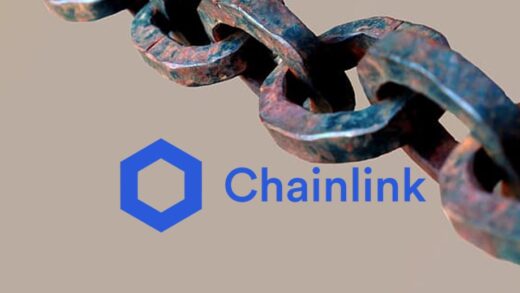Blockchain technology is revolutionizing the way we pay for goods and services. With its decentralized nature and secure infrastructure, blockchain-based payment solutions are creating new opportunities for both consumers and businesses.
But with these changes, a big question emerges: is blockchain making life cheaper? Let’s explore how blockchain, cryptocurrencies, and emerging cryptocurrency payment solutions could impact costs and influence the way we manage our finances.
Understanding Blockchain’s Role in Payments
Blockchain technology, which serves as the backbone of cryptocurrency transactions, operates as a decentralized, tamper-proof ledger. When we pay with traditional systems like credit cards or bank transfers, there are often intermediaries such as banks and payment processors, which can increase fees and slow down the payment process.
In contrast, blockchain removes these intermediaries, allowing for direct transactions. This process can reduce transaction costs and streamline payments, potentially making life cheaper for consumers who use cryptocurrency as a payment method.
Lower Transaction Fees
One of the biggest cost-saving benefits of blockchain is its ability to reduce transaction fees. Traditional cross-border payments can come with fees as high as 10% or more, making international payments expensive.
The blockchain technology enables cryptocurrency transactions to bypass these intermediaries, offering significant savings on cross-border payments. For instance, using a blockchain like Bitcoin or Ethereum, individuals and businesses can send payments across the globe for a fraction of the traditional cost.
Cryptocurrencies are also challenging the high fees associated with credit card payments. Businesses accepting cryptocurrency payments often avoid the fees charged by credit card companies, which can range from 1-3% per transaction. By accepting blockchain-based payments, businesses can pass on these savings to consumers, making life cheaper for those who pay with crypto.
Faster and More Efficient Payments
Another advantage of blockchain is the speed at which it enables transactions. Traditional banking systems can take days to clear, particularly for international transfers. In contrast, blockchain transactions can often be completed in minutes, even across borders. Faster transactions mean less reliance on high-interest short-term loans and credit, which can help consumers manage their finances more effectively.
Cryptocurrency payment solutions also offer efficiency by allowing consumers to pay directly to businesses or other individuals without having to go through banks or other financial institutions. This efficiency not only saves time but also lowers costs, adding to the argument that blockchain may indeed be making life cheaper for those who use it.
The Rise of Cryptocurrency Payment Solutions
As blockchain adoption grows, so does the number of crypto payment solutions available to consumers and businesses. Many platforms are now making it easier than ever to integrate cryptocurrency payments into everyday transactions. These solutions aim to make paying with crypto as seamless as using traditional payment methods, and in some cases, they may even offer lower fees than conventional options.
Conclusion
Blockchain is undoubtedly changing how we pay, and for many users, it has the potential to reduce costs. By removing intermediaries, lowering transaction fees, and enabling faster payments, blockchain-based cryptocurrency payment solutions could make life cheaper for consumers who embrace crypto.


![[PR] Next Big Evolution in MOBA Shooters, Brought to You by PLAYA3ULL GAMES 2 Moba shooters](https://coinfunda.com/wp-content/uploads/2023/08/Moba-shooters-520x293.jpg)







![[Sponsored] STG Energy Launches Breakthrough Cloud Mining Product to Democratize Crypto Mining 10 STG mining](https://coinfunda.com/wp-content/uploads/2025/02/STG-mining-520x293.webp)
![[Sponsored] Centralhash cloud mining platform easily obtains 100,000 US dollars of 11 central hash](https://coinfunda.com/wp-content/uploads/2025/02/central-hash-512x293.webp)